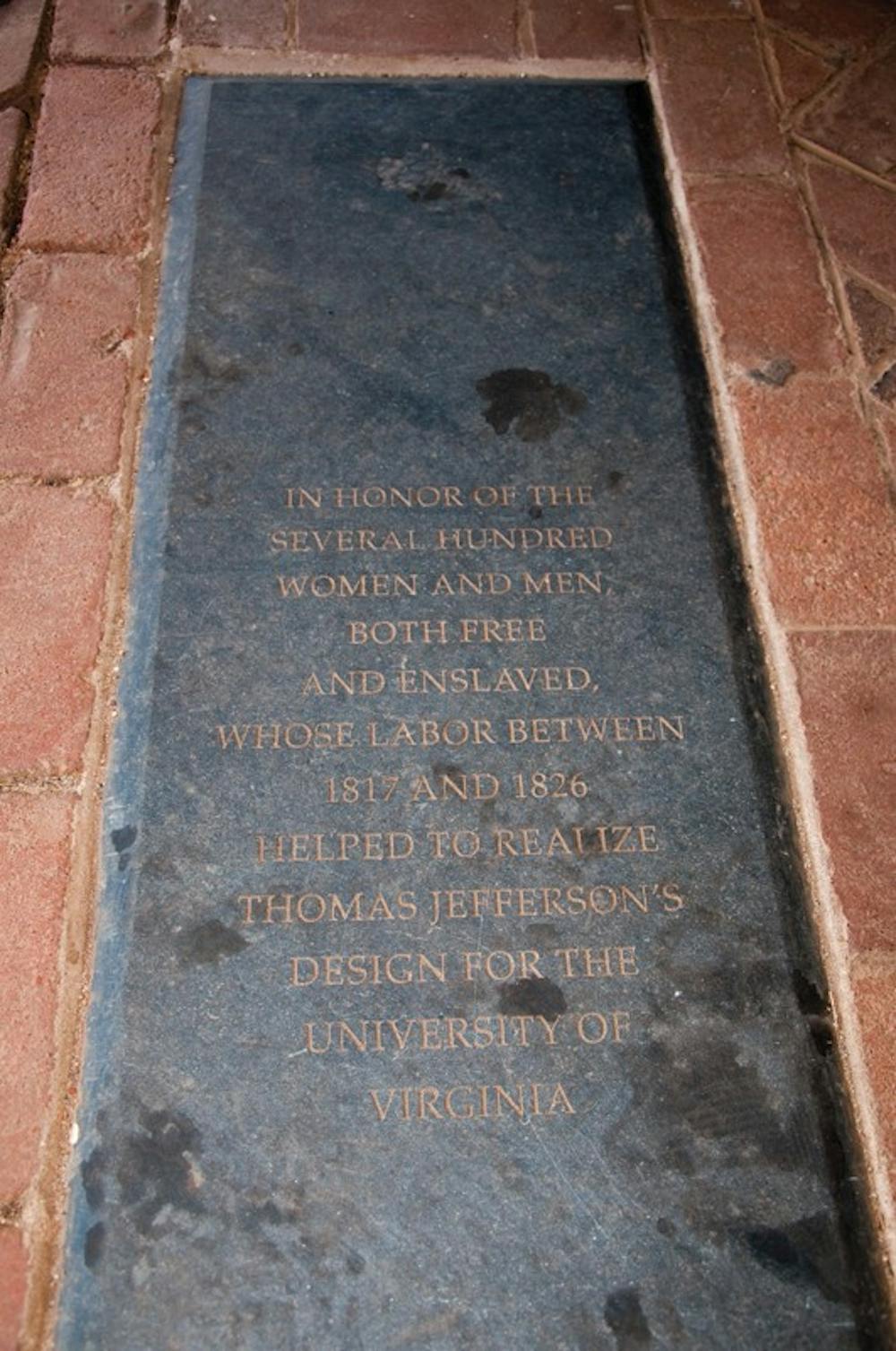Dion Lewis, assistant dean in the Office of African-American Affairs and director of the Luther P. Jackson Black Cultural Center, wants to make sure recognition of black history is not confined to 28 days.
Black history, he said, "is part of the University's history. It's something students should celebrate and acknowledge throughout their time as students but also as world citizens."
Black History Month was the brainchild of Carter G. Woodson, after whom the University's Institute for African-American and African Studies is named. He founded Negro History Week in February 1926 in an attempt to give black history its due. The week was expanded to a full month 50 years later, in 1976.
Proponents of Black History Month say it offers opportunities to acknowledge contributions of blacks who would otherwise be ignored. Others assert the month advances a false division between black history and all other American history.
Deborah E. McDowell, director of the Carter G. Woodson Institute for African-American and African Studies, encouraged students to think critically about history.
"University students need to be mindful of the importance of continuing to read, continuing to adjust their assumptions about history and to question whatever they're receiving," she said. "It just so happens that this is a particular popular celebration or set of acknowledgments, but it should not substitute for a thorough and ongoing study of history."
Lewis said the University's own history concerning blacks is "something we can't dismiss, but something we need to acknowledge and build on."
He said Black History Month is "a time of celebration of accomplishment, but also acknowledgment of the black experience in America and in particular at the University of Virginia."
Accordingly, the Office of African-American Affairs is hosting a number of events in recognition of black history and in response to the state of race relations today. One event Lewis highlighted is a Feb. 22 panel discussion moderated by Prof. Julian Bond, Chairman Emeritus and board member of the National Association for the Advancement of Colored People.
Lewis said the forum would examine the media's portrayal of the civil rights movement "and how that may or may not have affected the public's perception of civil rights."
But Lewis emphasized that black history is a facet of the University's entire history - and acknowledgment of that history should extend past the month of February.
Such an acknowledgement can be found in the ongoing efforts of fourth-year College students Ishraga Eltahir and Carrie Filipetti, who are working to create a new student-designed memorial site in recognition of the slaves who helped construct the University. Student Council, the University and Community Action for Racial Equity, the Black Student Alliance and others are also involved in the project.
Still, Eltahir said in an e-mail Black History Month is not a reason for students to examine issues concerning the new memorial, but rather an occasion for the University to discuss all the rich black history found on Grounds.
"A new memorial for enslaved laborers teaches the University community that is OK to come to terms with our entire past," she said. "We cannot keep telling a story of our University that excludes important actors."
Eltahir echoed McDowell's thoughts about history in stressing that the initiative was a call for more than just a physical structure. Eltahir said the memorial was "only part of a series of actions that need to be taken to address the legacy of slavery and inequality at U.Va."
"We are asking for the University to examine and change the culture of accepting an incomplete history of these Grounds," she said.







